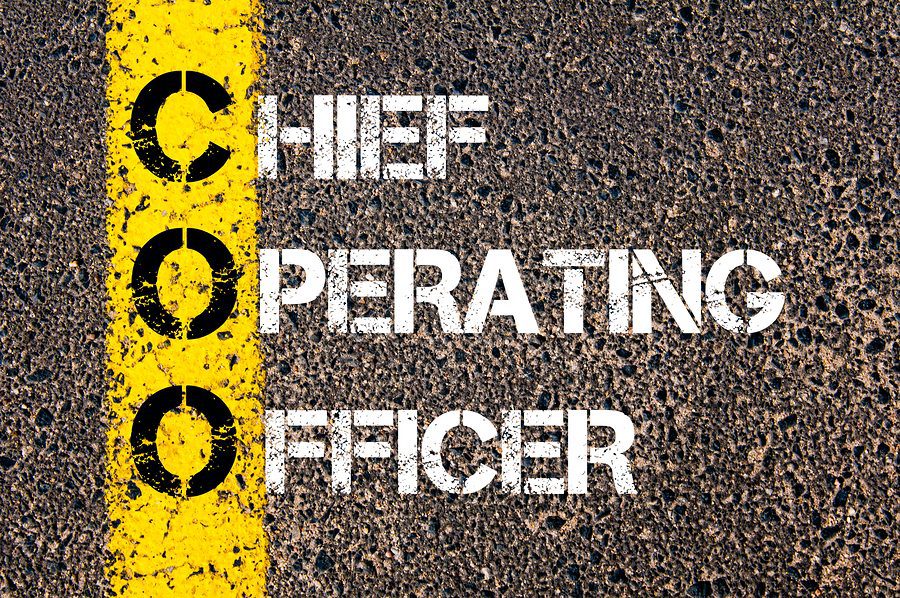By Laser 1 Technologies
Key Concepts for Success as a COO
The Chief Operating Officer is a somewhat mysterious figure in the corporate world. While Chief Executive Officers perform fairly similar functions across businesses and companies, COO’s are a different story. Their responsibilities can range broadly from strategic to administrative, and tend to vary widely from company to company.
As the Harvard Business Review reflects, “in some firms, the job is to be Mr. Inside to the CEO’s Mr. Outside…. While other jobs are primarily defined in relation to the work to be done and the structure of the organization, the COO’s role is defined in relation to the CEO as an individual.” The characteristics necessary to succeed as a COO typically must complement those of the CEO, making the position extremely situational.
As a result, the volume of guidelines and advice for the successful CEO far outweighs that for the COO, because there’s such diversity in the role. Nonetheless, there are some qualities and concepts which will contribute to success for a COO under most circumstances.
Perhaps the single most unifying characteristic of a COO is attention to detail. While the CEO is responsible for the vision of a company, the COO is in the trenches, attending to the data, the daily functions, and the details. A COO must have both feet firmly planted on the ground and be intimately aware of every aspect of operations, however that’s defined in the relevant organization.
The foundation of a successful COO is alignment with the leadership team, the mission statement and the core values of a company. Such alignment is essential: without a united front, making changes and pursuing continuous improvement is impossible. Together, the senior leadership crafts core strategy, and the COO is likely to take the lead on enacting it.
Leadership is another crucial quality for the COO. Good COO’s are typically people-persons, with excellent communication skills and an open-door policy. They’re skilled at asking the right questions of employees at every level of the organization. They display a robust combination of excellent leadership skills, a collaborative nature, and down-to-earth accessibility, ensuring they earn the trust of those employees. Driving change is typically a core responsibility, so leadership is essential.
Problem-solving is at the heart of the COO role. A good COO focuses on the details, identifying and evaluating complex problems. After framing the results with a big-picture perspective, the COO plays a pivotal role in inventing and implementing solutions.
COO’s are fiends for data: relying on data to inform changes is a key tool when continuously seeking to improve every aspect of the organization’s functions. Backing up proposals and organizational changes with solid data is vital to earning buy-in from constituents, from the executive team to the production worker. When data illustrates problems or improvements, there tends to be less emotionally based push-back or controversy.
As they focus on data, good COO’s establish feedback loops for each process. This means establishing consistent reporting and carefully examining metrics, as well as rewarding employees for productive feedback about glitches in production, bottlenecks, waste, and other problems.
Lastly, COO’s have a laser focus on cultivating the highest caliber work force possible. Because they’re in the trenches, they are in a prime position to assess who the stars in the organization are, and who are the dead wood. Effective COO’s identify and reward talent, giving them resources to advance and opportunities to lead. Top quality employees ensure high standards across the organization.
A strong COO is vital to a successful organization, and the role is by far the most common stepping stone to becoming a CEO. According to the Crist Kolder Assoicates 2013 Volatility Report, 44% of Fortune 500 and S&P 500 CEOs were previously COO’s.




